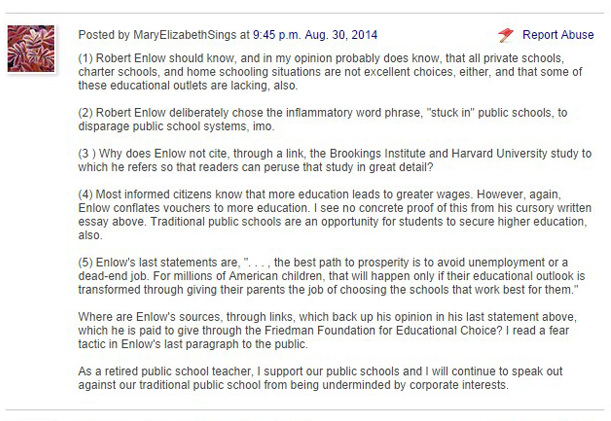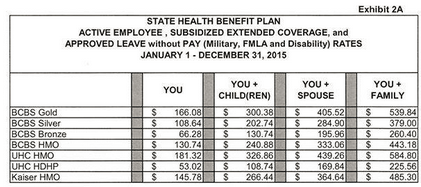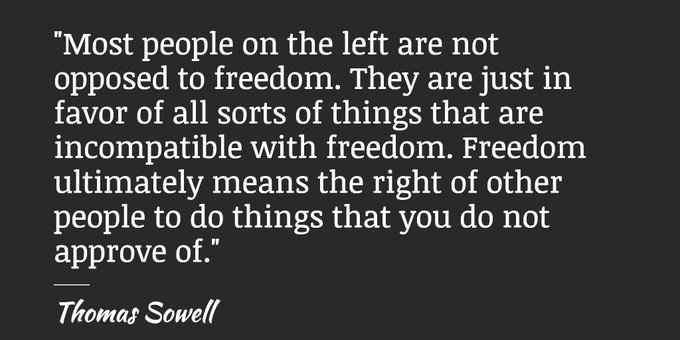Milton Friedman is a Nobel laureate who taught at the University of Chicago for more than three decades was the twentieth century’s most prominent advocate of free markets. The Friedman Foundation is dedicated to the improvement in the quality of the education available to children of all income and social classes in this nation, whether that education is provided in government or private schools or at home.
Get Schooled with Maureen Downey posted an op-ed Children will have better job choices if more of them have school choice, by Robert Enlow, president and CEO of the Friedman Foundation for Educational Choice.
Enlow says, “There’s only one route to getting coveted good jobs, a 40-hour work week and higher wages: a high school diploma and some type of post-secondary education or training.” He goes on to talk about school choice in Georgia saying,
“That transformation must come with school choice. Today, there are 51 school choice programs in 24 states and Washington, D.C., that enable more than 300,000 pupils to transfer to a private school that offers them a better educational opportunity. In Georgia, there is a school voucher program that only serves special needs pupils and a tax credit program that helps some children attend private schools. The vast majority of Georgia students have no school choice.”
MaryElizabethSings is a regular commentor on Get Schooled and staunch opponent of school choice who commented

The Friedman Foundation’s Friday Freakout responds to MaryElizabethSings. In response to each of MaryElizabethSings’ points:
1. Indeed, MaryElizabethSings is absolutely right—“all private schools, charter schools, and home schooling situations are not excellent choices, either, and that some of these educational outlets are lacking, also.” Critically, we never said every single alternative outside the traditional public school system was excellent. But, most important, who defines excellence? We believe that should be for parents to decide—not politicians, bureaucrats, MaryElizabethSings, or us. With school choice, parents will be able to match their and their children’s needs and interests to the schools that work best for them. That is how students and schools will excel. And Georgia parents are up to that task and know exactly what their children need:

2. If parents are unable to remove their child from an unfit school what else are they but “stuck”? Recognizing that many families are unable to leave unsuitable schools is not disparaging at all, particularly when Enlow mentioned in the subsequent sentence that many public schools are “excellent.” But MaryElizabethSings is looking at it all wrong: School choice is what is needed to discover if public schools are as good as many claim they are. If parents stay, the schools are working. If they leave, perhaps the schools need to do something different. Case in point: In Georgia, although they are eligible to receive private school vouchers through the Georgia Special Needs Scholarship Program, a majority of parents are choosing to keep their children in public schools, meaning those schools clearly are working for families. Here’s how our founder addressed this issue:
3. We apologize for not citing that study. Here it is: Brookings Institution, 2012, Matthew Chingos and Paul Peterson, professor of government at Harvard University: The Effects of School Vouchers on College Enrollment: Experimental Evidence from New York City. New York, NY—Black students using vouchers to attend private school attended college within three years of expected high school graduation at a rate 8.7 percentage points higher than the control group, and full-time college attendance rates were 8 percentage points higher. The offer of a voucher to black students resulted in their college attendance rate for a selective four-year college being more than double the control group’s rate (6.9 percent vs. 3.0 percent, respectively).
4. For many families, vouchers do mean getting “more education.” For others, traditional public schools give them the tools they need for a successful future. And still, other parents need charter schools, online learning programs, or homeschool environments to get their children on paths to success. MaryElizabethSings seems to believe we view vouchers as a zero-sum game: It’s either vouchers or public schools. Far from it. Vouchers are just a different way for public schools—or any educational service—to receive funding. Rather than have government guarantee funds to a school—regardless of how it’s serving families—the school should have to earn those funds by how it caters to families’ needs (see point 2 above). Many Georgia public schools are doing that very well. But so are private schools serving voucher and tax-credit scholarship families. We should care less about school type and more about whether a school is giving children a suitable education as determined by their parents. In Georgia, Joyce and her children provide an example of what a private education can do:
 Kayla, back left, was the first of Joyce’s children to enroll in George Walton Academy (GWA), where she received an education that enabled her to enter college far ahead of many other students scholastically. Joyce wanted that same education for Kayla’s younger sister, Miranda, middle, but doubted it would be possible because of her different financial situation. That all changed with the Georgia GOAL Scholarship Program, a nonprofit operating under Georgia’s tax-credit scholarship program, which enabled Miranda to receive tuition assistance and enroll in GWA. “Miranda is a junior at GWA and is thriving,” Joyce said. “Every day, I know three things: She is getting a great education and being challenged to reach high; she is being taught by people with high moral values; and she is in a safe environment where students are held to a high degree of accountability.”
Kayla, back left, was the first of Joyce’s children to enroll in George Walton Academy (GWA), where she received an education that enabled her to enter college far ahead of many other students scholastically. Joyce wanted that same education for Kayla’s younger sister, Miranda, middle, but doubted it would be possible because of her different financial situation. That all changed with the Georgia GOAL Scholarship Program, a nonprofit operating under Georgia’s tax-credit scholarship program, which enabled Miranda to receive tuition assistance and enroll in GWA. “Miranda is a junior at GWA and is thriving,” Joyce said. “Every day, I know three things: She is getting a great education and being challenged to reach high; she is being taught by people with high moral values; and she is in a safe environment where students are held to a high degree of accountability.”
5. In the 2009-10 school year, the average graduation rate in Georgia high schools was 69.9 percent, according to the U.S. Department of Education. What is happening to that other 30.1 percent? Clearly, something for those students is not working. It might be there school, home environment, or other external factors. Regardless, if vouchers can save all or even some of them while improving the experience for children remaining in public schools—and it does, as myriad studies have found—why not do it?
We appreciate MaryElizabethSings’ inquiries into how school choice affects public schools. Though we find it curious that, as she accuses school choice advocates of using “fear tactic(s)” with the public, she concludes by stating she will “speak out against our traditional public school from being undermined by corporate interests.”
Parents like Joyce aren’t corporate fronts. They’re just everyday folks trying to get the best education possible for their kids. Why is MaryElizabethSings freaking out over that?
Resources
![]() Children will have better job choices if more of them have school choice
Children will have better job choices if more of them have school choice
![]() Friday Freakout: No Sources for School Choice Success
Friday Freakout: No Sources for School Choice Success











 “Extremism in defense of liberty is no vice. Moderation in pursuit of justice is no virtue.”
“Extremism in defense of liberty is no vice. Moderation in pursuit of justice is no virtue.”